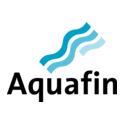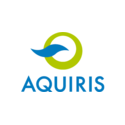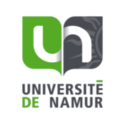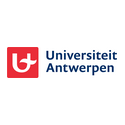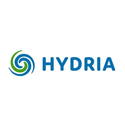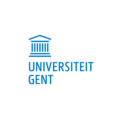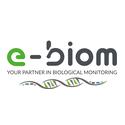In short
The surveillance measures the evolution of coronavirus (SARS-CoV-2), respiratory syncytial virus (RSV) and influenza (flu) in the population by collecting wastewater samples at the entrance of wastewater treatment plants spread all over the country. The wastewater surveillance covers a significant part of the population and allows a fast and early detection of any significant evolution of the viruses circulation.
The detection of poliomyelitis (polio) is also carried out in the wastewater of the 3 regions.
Project description
The wastewater surveillance offers a new One Health approach in epidemiology. Its main objectives are:
- The early and fast detection of any significant change of the coronavirus (SARS-CoV-2), respiratory syncytial virus (RSV) and influenza (flu) circulation and the appearance of poliomyelitis (polio)
- To collect more information on the variants circulation and the evolution of their proportion in the population
- To support decision-makers by supplementing and supporting the other surveillance methods
- To develop expertise in wastewater-based epidemiology in Belgium for the surveillance and testing of other public health relevant pathogens especially in the context of global warming and potential future epidemics and for the surveillance and testing of pollutants of emerging concern, like AMR or drugs of abuse
- To support the development of wastewater surveillances across Europe and to ensure Belgium complies with the European objectives and requirements
- To support wastewater agencies in characterizing potential threats for their staff and then ensuring their protection against potential exposures
The advantages of the wastewater surveillance are:
- A fast answer with only two days between the sampling at the wastewater treatment plants and the availability of the results
- A broader detection of both asymptomatic and symptomatic people
- An independence towards the clinical testing capacity and strategy
- A non-invasive approach as no clinical sample from patient are required
- A good cost/effectiveness balance
- The coverage of a large part of the population everywhere in Belgium
- A privacy-friendly approach as no individual clinical data are collected
The Epidemiology of infectious diseases service of Sciensano coordinates the project with the involvement of several other services and scientific directorates:
- Service Foodborne Pathogens which coordinates the laboratory and analysis component
- Service Transversal activities in applied genomics (TAG) for the sequencing aspects
Sciensano collaborates actively with several external partners. In addition to Sciensano, one other laboratory is performing the analyses:
- The Laboratory of Microbiology, Parasitology and Hygiene (LMPH) and Toxicological Centre Research on environmental and forensic toxicology of UAntwerpen
The collaboration also occurs on a scientific level with three academic partners which are UNamur, KU Leuven and UGent.
Finally the project would not exist without the collaboration of the regional wastewater agencies for the sampling and their expertise of the wastewater sector:
- Société public de gestion de l’eau (SPGE) in collaboration with the Organismes d’Assainissement Agréés (AIDE, IDEA, IDELUX Eau, in BW, INASEP, IGRETEC, IPALLE) the for the sampling in Wallonia
- Aquafin for the sampling in Flanders
- Hydria for the sampling of the wastewater treatment plant of Bruxelles Sud/Brussel Zuid
- Aquiris for the sampling of the wastewater treatment plant of Bruxelles Nord/Brussel Noord
- Veolia for the sampling of the treatment plant of Brussels Airport
At the European level, Sciensano serves as the focal point in Belgium for wastewater related health topics. Sciensano is a partner of the EU Wastewater Observatory for Public Health, the EU-Wastewater Integrated Surveillance for Public Health (EU-WISH) and the Global Consortium for Wastewater and Environmental Surveillance for Public Health (GLOWACON) launched and partly funded by the European Commission Joint Research Centre (JRC) and the European Health Emergency Preparedness and Response Authority (HERA).
Results
The epidemiological situation based on wastewater can be followed via:
- The “wastewater page” which provides a graphical representation of the last results
- The weekly report which provides a representation of the last results
- A methodology appendix with further details on the methods employed in the surveillance of sewage
- The weekly report on the epidemiological situation of respiratory infections (Respi Radar) presented by the RAG and discussed by the RMG, available in French and Dutch
- The weekly bulletin on the epidemiological situation of acute respiratory infections, available in French and Dutch
Sciensano's project investigator(s):
Service(s) working on this project
Partners
